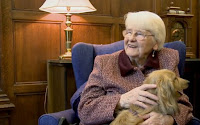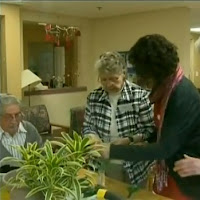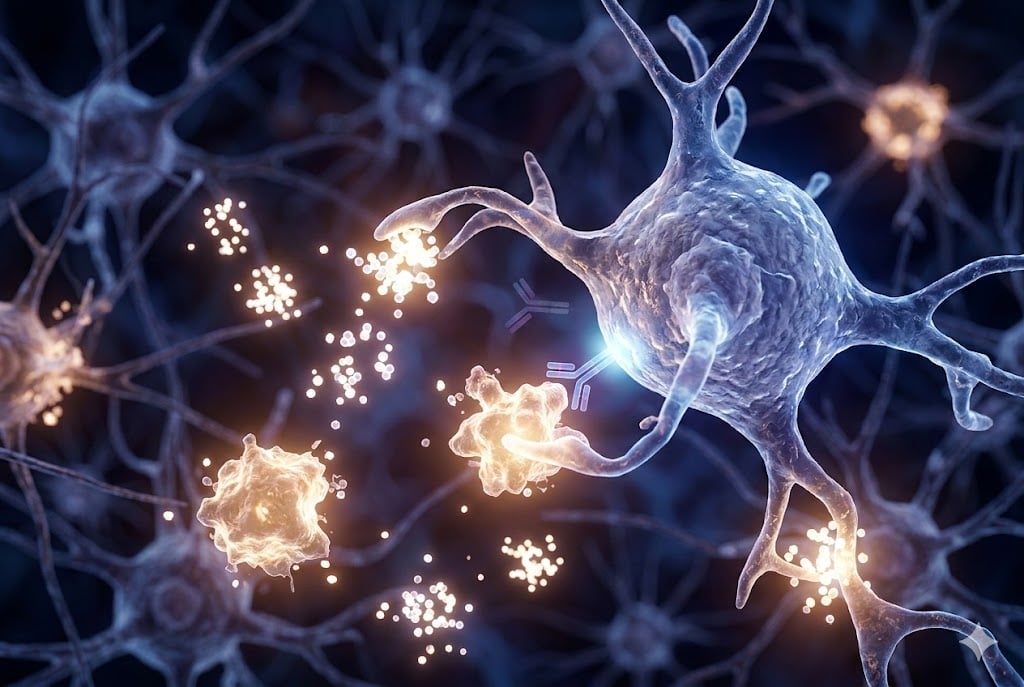
Ask for an Ultrasound Screening to Cut Vascular Dementia Risk in Half
Atherosclerotic plaque triggers vascular dementia. Ultrasound easily detects it and could cut rates in half. Learn how.

Atherosclerotic plaque triggers vascular dementia. Ultrasound easily detects it and could cut rates in half. Learn how.

Strokes are a leading cause of Vascular Dementia. Just how much does eating a more plant-based diet lower the risk of having a stroke?

It looks like a sneeze cannot give anyone Alzheimer’s. While Alzheimer’s abnormal disease proteins do spread from cell-to-cell, they are not “infectious”. Check out the facts.

A daily cup of tea — and other delicious options — could help you to enjoy better health late in life. Read on to learn more.

Is keeping seated and sedentary, while intellectually stimulated, part of the best way to care for your brain?

A massive study of medical and genetic data shows that people with a particular version of a gene involved in immune response had a lower risk of Alzheimer’s and Parkinson’s disease.

Drinking to fight dementia? Which drinks are good and which are bad?
Harvard & Cleveland Clinic researchers offer scientific advice.

PREVENTION & THERAPY INFOMERCIAL: Research shows that for every 10 decibels of hearing loss, the risk of developing dementia increases. Learn how the right hearing aids can lower your risk.

A diet that combines unsaturated fats with nitrite-rich vegetables, such as olive oil and lettuce, can protect you from hypertension and vascular dementia.

Don’t put that controller down just yet. Playing three-dimensional video games – besides being lots of fun – can boost the formation of memories, according to University of California neurobiologists.

Meet Marley, a THERAPAWS therapy dog, helping the elderly that suffer from dementia. See pet therapy at work.

Alzheimer’s is the most common type of dementia, but it is just one cause. In this short Q & A, watch Stanford Neurologist Dr. Kerchner explain the importance of getting an accurate diagnosis.

Learn about The Alzheimer’s Society of Canada’s campaign to bust the stigma of dementia.
Discover 6 easy ways you can make a difference.

In gardening, people with Alzheimer’s grow fresh plants along with better thinking. It’s a pleasant way to make things easier.

The co-founder of a caregivers’ organization introduces technology he has found helpful in caring for his grandmother with dementia.

People with dementia are enjoying yoga and dance classes at the Alzheimer’s Association. See why caregivers find the classes “EXTREMELY helpful.”

Swiss researchers find that people with certain personality traits are protected against Alzheimer’s disease, including those who are less agreeable, had natural curiosity, and were nonconformists. Find out why.
No spam, only news and updates.


